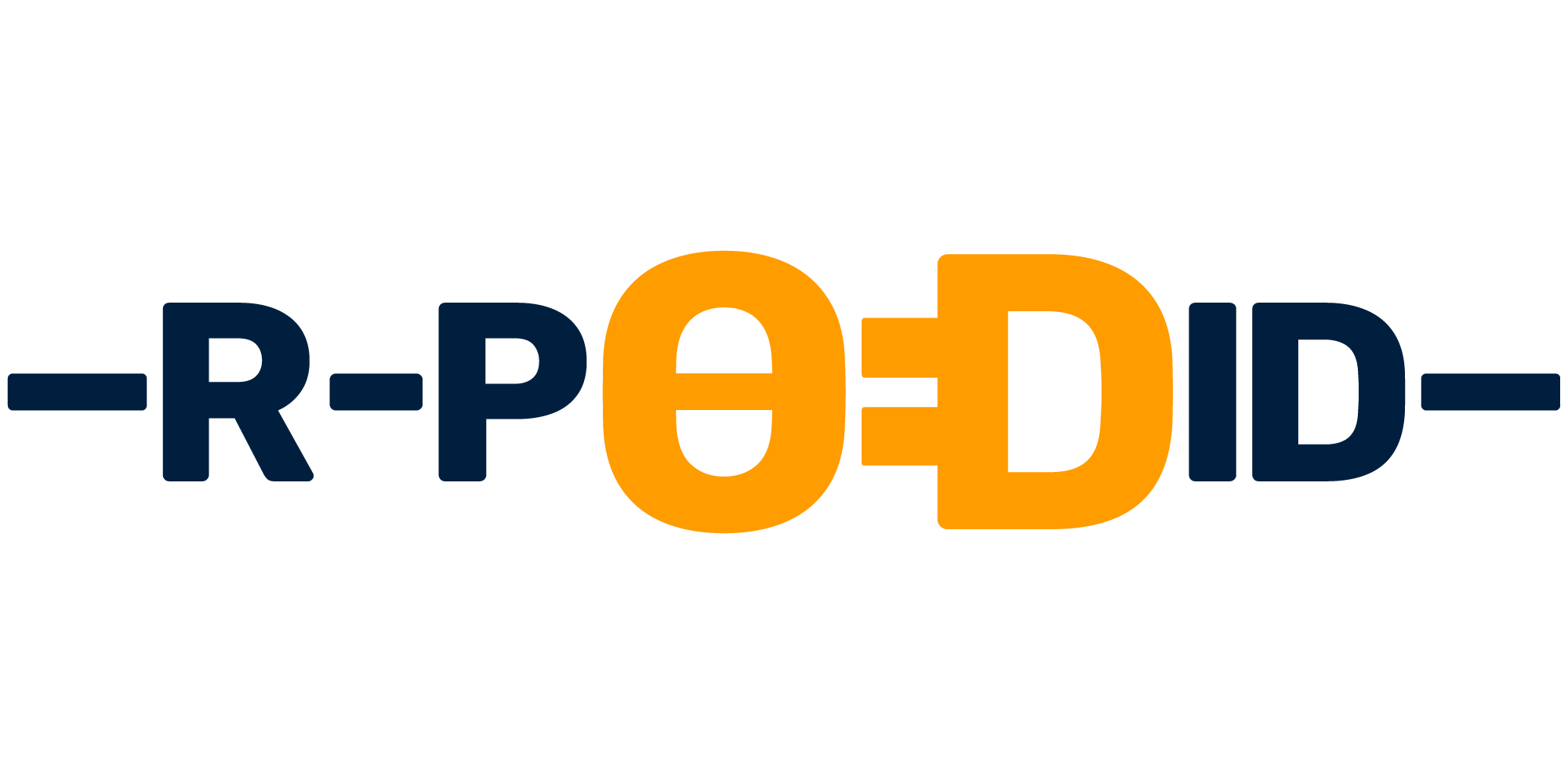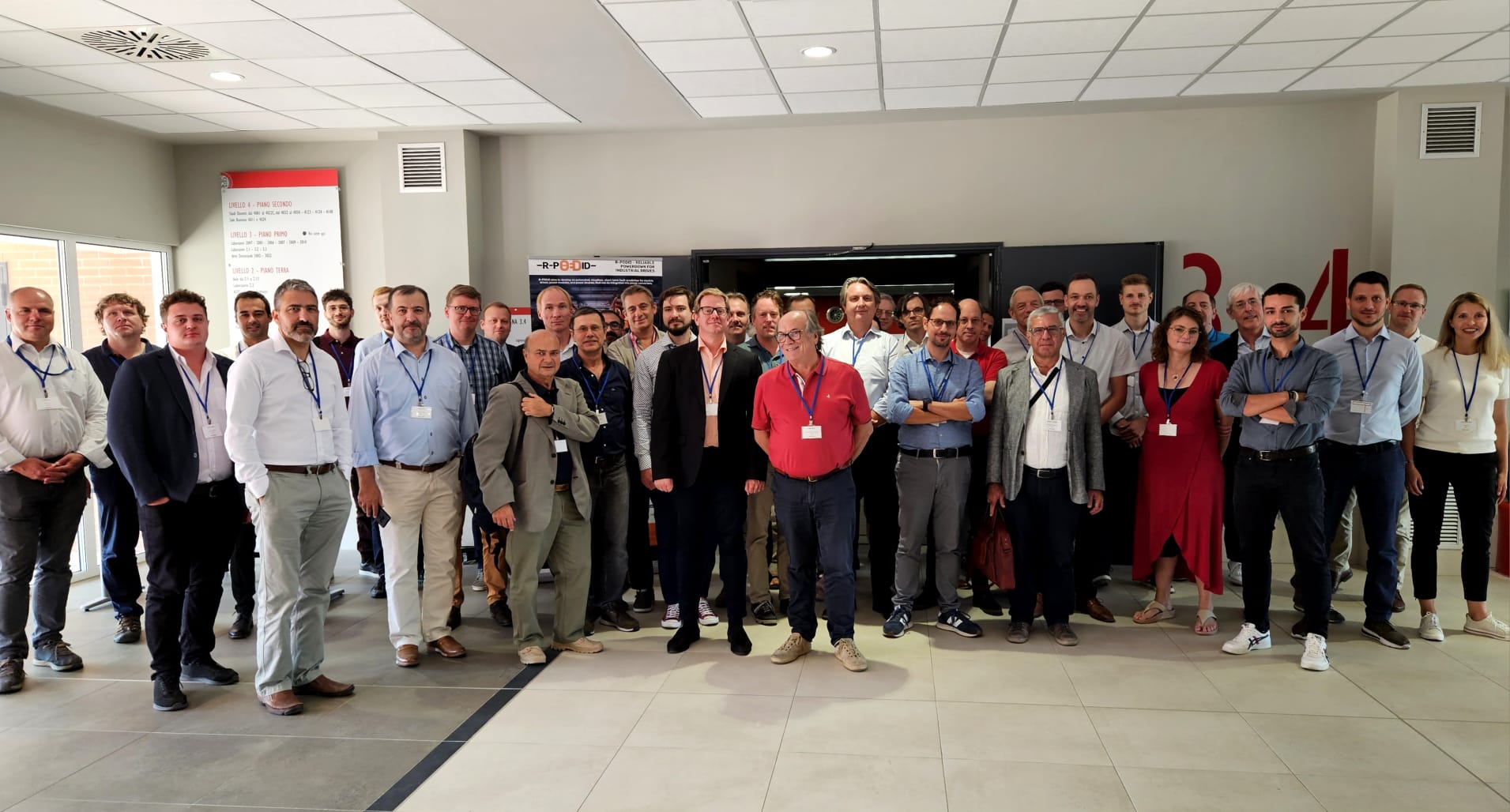
Project summary
Horizon Europe Chips-JU project R-PODID (Reliable Powerdown for Industrial Drives) aims to develop an automated, cloudless, short-term fault-prediction for electric drives, power modules, and power devices, that can be integrated into power converters. Thereby, electrical and mechanical faults of machines and of the power converters driving them will become predictable within a limited prediction horizon of 12-24h. This will enable a power-saving shutdown of a larger number of production machines during idle times, because a looming failure during the next power-on cycle can be reliably foreseen. It will also enable reliable mitigation of dangerous faults in applications using modern powerdevices like silicon-carbide (SiC) and III/V-semiconductor devices like gallium-nitride (GaN).
EDI role in the project
EDI will develop a custom high reliability (99.999% packet delivery ratio), high energy efficiency, flexible, configurable, and modular IIoT connectivity solution (HW+SW), suited for operation in harsh industrial environments. To do so, EDI will define requirements and specification as well as the architecture for the custom IIoT connectivity solution considering application needs such as bandwidth, pre-processing capabilities, latency, power and cost constraints, distance, interfaces, etc. Special focus will be put on robustness, reliability, trustworthiness and modularity. A deep analysis of final users’ processes under study will be performed based on different methodological techniques (life cycle management, Ishikawa diagram, Pareto, FMEA…), using all existing data coming from the application. When the solution will be ready, EDI will integrate it with power-electronics modules, sensors and prediction modules and test/validate their operation in industrial environment against the requirements. In addition, a demonstrator will be developed to show all the new functionalities of the proposed system.
R-PODID is supported by the Chips Joint Undertaking and its members, including the top-up funding by National Authorities under Grant Agreement No 101112295.
Funded by the European Union. Views and opinions expressed are however those of the author(s) only and do not necessarily reflect those of the European Union or the granting authority. Neither the European Union nor the granting authority can be held responsible for them.

![]()
Participating scientists
Dr. sc. ing. Kaspars Ozols
Deputy director of development, Senior Researcher
+371 67558161[protected]



